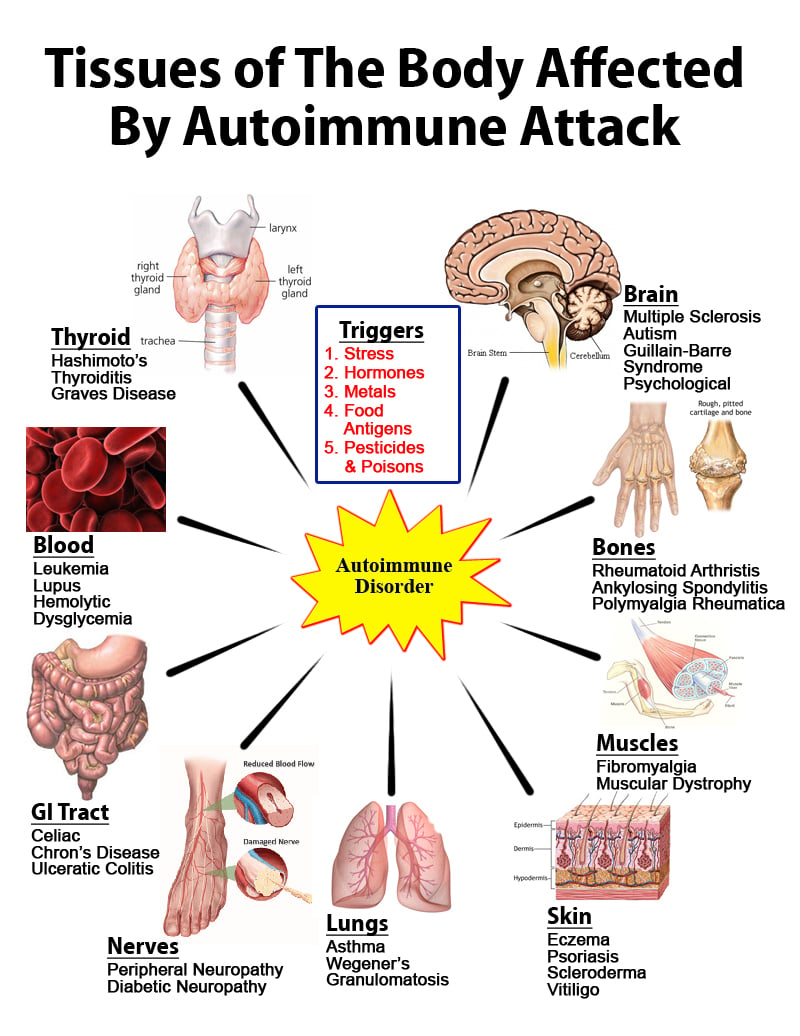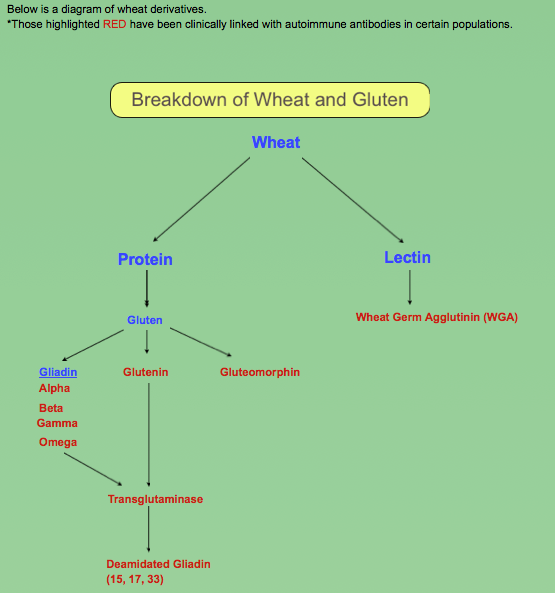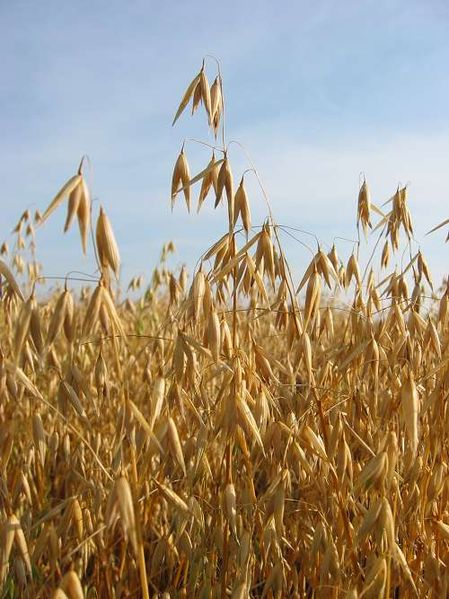When you are suffering with mysterious health challenges, including autoimmune issues such as Hashimoto's, Celiac disease, Scleroderma, Diabetes, vitiligo, etc., you need to know how to reduce inflammation. Using foods known to reduce inflammation at every meal and snack while also eliminating pro-inflammatory foods is a health promoting strategy that is easy to implement.
From the Desk of Dr. Karl R.O.S. Johnson, DC.....
Top 11 Best Anti-Inflammatory Foods To Thwart Autoimmunity
Posted by Dr. Karl R.O.S. Johnson, DC on Mon, Jul 28, 2014
Topics: autoimmune, Hashimoto's, inflammation, celiac, anti-inflammatory, Vitiligo
Autoimmune Illness And Three Revealing Things About Dr. Johnson
Posted by Dr. Karl R.O.S. Johnson, DC on Thu, May 03, 2012
Watch as Dr. Karl R.O.S. Johnson, DC reveals some information about genetics, autoimmune illness, his family and himself. Knowing the reasons behind someones motivation and drive can help you seredipitiously with your own health.
Topics: gluten, celiac, Parkinson's disease, autoimmune illness, "Dr. Karl R.O.S. Johnson, DC"
Ten Things You Didn't Know About Gluten and Autoimmune Illness
Posted by Dr. Karl R.O.S. Johnson, DC on Thu, Apr 26, 2012
With chronic degenerative diseases rising and particularly many autoimmune diseases, such as celiac diease, Hashimoto's, mulitple sclerosis, Parkinson's disease and others. Health challenges such as Fibromyalgia and vertigo are also often linked to gluten intolerance and autoimmune illness. If you are STILL suffering and have been going from doctor to doctor, it's time you understand the connection to gluten intolerance.
Topics: autoimmune, Hashimoto's, gluten, gluten free, fibromyalgia, celiac, gliadin, GMO, MS, Parkinson's disease, cross-contamination
For anyone that has struggled or is struggling with a dietary lifestyle change, such as going gluten-free it’s not always an easy task. Gluten is hidden in a variety of things; anywhere from condiments to meat-glue to alcohol. As the changes begin to sink in, and avoiding the said ingredients becomes second nature a new detour comes into sight; cross contamination (insert scary music here).
Topics: autoimmune, gluten, gluten free, celiac, cross-contamination, oats
Gluten Intolerance, Elevated Liver Enzymes and Liver Damage
Posted by Dr. Karl R.O.S. Johnson, DC on Sun, Nov 20, 2011
You may not know you have gluten intolerance - but you should be highly suspect if you have elevated liver enzymes.
Topics: Cyrex Labs, gluten, gluten intolerance, celiac, liver, elevated liver enzymes
Gluten Intolerance Often Times Leads to Psoriasis and Eczema
Posted by Dr. Karl R.O.S. Johnson, DC on Sun, Aug 14, 2011
Several recently published articles have confirmed a correlation between patients with celiac disease or gluten sensitivity and those who also suffer from psoriasis and eczema, and that gluten sensitivity runs in the family[1]. These studies finally bring to light something people who have chosen a gluten free lifestyle have known for years. Skin disorders can be caused by gluten sensitivity and living a strict gluten free diet can alleviate the symptoms of psoriasis and eczema. And, gluten sensitivity is often present in several members of the same family.
Topics: Dr Karl Johnson, gluten, psoriasis, eczema, celiac, Drug-Free
Gluten can cause health issues for many people. Some may have an intolerance or allergy, also known as Celiac disease, some may not be sure if they have a problem with it or not, but would like to try avoiding it in order to find out. This however, may not be as easy as it sounds. At first it seems easy, cut out breads, muffins, bagels, and so on. Simple right? Maybe not.
Did you know that you could be unaware of some of the foods that has gluten hiding in them? Or foods you might not think about when you think about cutting it out of your life. Of course when you think fried chicken, you think flour used for frying which makes it easy to see you should stay away from it. You might not think the same way about meatloaf, yet meatloaf will almost always have bread crumbs in it, meaning it should be avoided as well.
If you enjoy soy sauce on your Chinese food, you could be getting a dose of gluten. Soy is not the only sauce either, any thickened sauce you have on food could have been made with a Roux to thicken it, and a roux is nothing more than butter and flour. If you are only thinking about foods in your decision to go gluten free, think again, beer and even some teas which contain barley should be taken out of your diet. If your allergy is very severe, you may have to research your beauty products. Avoid those with wheat or oat based ingredients.
As you can see it can be hiding in many foods, the only sure way to know if something you are eating has it or not is to read the label. Look for labels that say the product is free of it. Though to make it even more confusing, be careful about oats, which can be in gluten free products, yet they are often contaminated by coming into contact with wheat during processing.
When you shop, it is a good idea to print out a list of foods to be avoided and words to look for on labels that will let you know to stay away from it. There is a lot of information about gluten free living on the Internet, you can find lists of words that indicate it is something to be avoided. With some research and homework, you will find that it gets easier as time goes on, You will become more and more adapt at making good food choices.
Remember the best way to find out if you have food intolerances - especially to gluten is with proper testing. You want the BEST testing available (developed by Dr. Aristo Vojdani and you can find it at Johnson Chirpractic Neurology & Nutrition in Shelby Township, Michigan. Aristo Vojdani, Ph.D., M.Sc., C.L.S., a leading researcher in the fields of autoimmune disease and neuroimmunology who has published more than 120 scientific papers.
Feel free to download my gluten free, casein free, soy free, yeast free eating guide by clicking on the link below. You will find this guide super helpful in your transition to your health supporting life-enhancing dietary changes!
Topics: Dr Karl Johnson, gluten, gluten free, celiac disease, celiac, children










